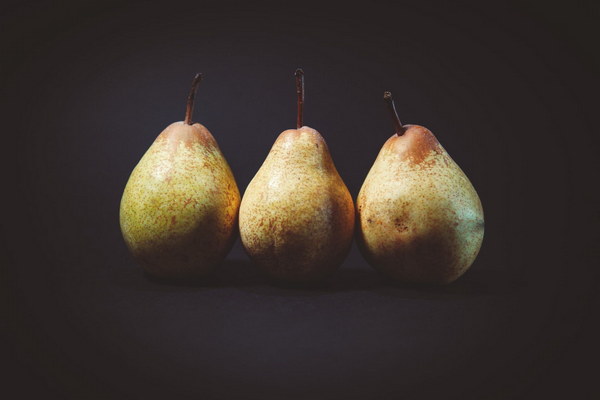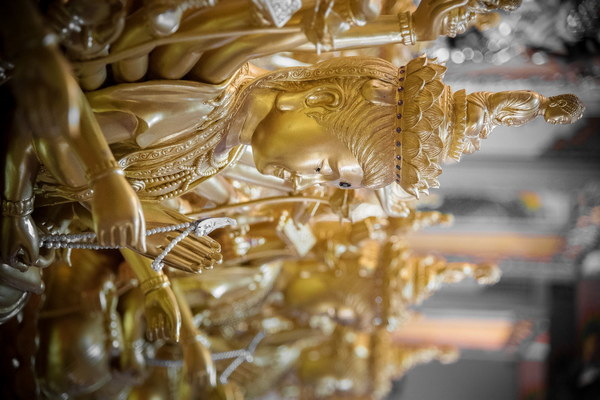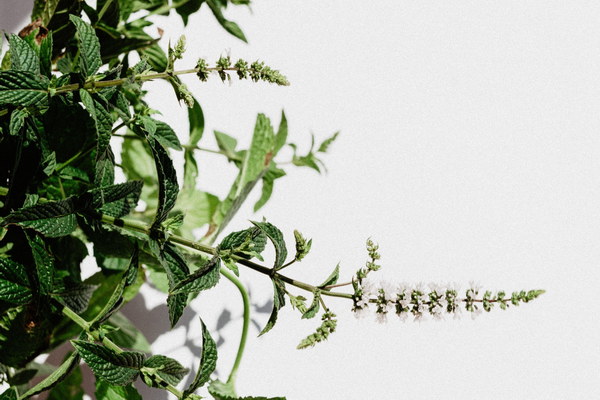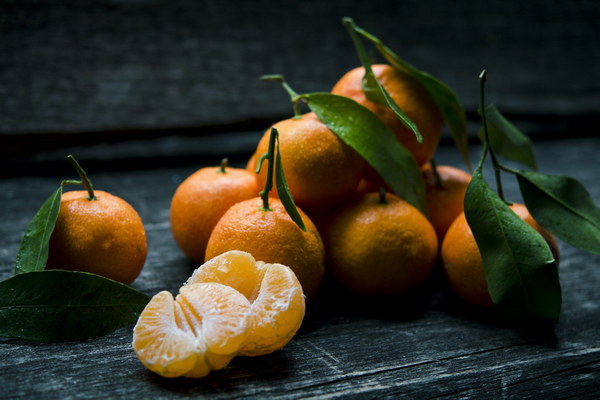Revitalize Your Gut Health Discover the Power of Traditional Chinese Medicines for Dampness Relief
In the fast-paced modern world, maintaining a healthy digestive system is a challenge many of us face. Dampness, a common issue in traditional Chinese medicine (TCM), often contributes to discomfort and imbalance in our bodies. To combat this, a variety of TCM herbal formulas have been developed to help alleviate dampness and restore gut health. This article will explore some of the most effective Chinese herbal medicines for dampness relief and how they can contribute to a balanced and healthy digestive system.
1. Fu Ling Wan (Poria Pill)
Fu Ling Wan is a well-known herbal formula that has been used for centuries in TCM. It is primarily composed of Poria cocos, a mushroom-like fungus that helps to absorb dampness from the body. This formula is often recommended for those suffering from abdominal distension, bloating, and loose stools due to dampness. By promoting the elimination of dampness, Fu Ling Wan helps to normalize digestion and alleviate discomfort.
2. Ling Zhi (Reishi Mushroom)
Ling Zhi, or Reishi mushroom, is another popular herb used in TCM for dampness relief. This potent medicinal herb has been shown to boost the immune system, reduce inflammation, and eliminate dampness. It is often used in combination with other herbs to treat chronic fatigue, digestive disorders, and other dampness-related conditions. Ling Zhi can be taken in the form of capsules, powders, or tea to experience its benefits.
3. Bai Zhu (Atractylodes Macrocephala)
Bai Zhu is a commonly used herb in TCM for treating dampness and spleen deficiency. It is known for its ability to strengthen the spleen, improve digestion, and eliminate dampness. This herb is often included in herbal formulas that target abdominal bloating, diarrhea, and fatigue. Bai Zhu can be found in various forms, such as powders, capsules, or teas, and is often combined with other herbs for enhanced efficacy.
4. Chen Pi (Dried Tangerine Peel)
Chen Pi, or dried tangerine peel, is a popular spice used in Chinese cuisine and TCM. It has astringent and drying properties that make it effective in alleviating dampness. This herb is often used to treat symptoms such as abdominal bloating, flatulence, and loose stools. Chen Pi can be added to soups, teas, or taken as a supplement to support digestion and reduce dampness.
5. Huang Qi (Astragalus)
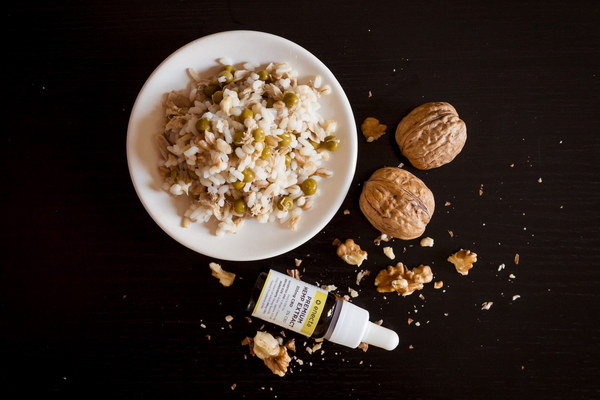
Huang Qi, or Astragalus, is a well-known adaptogen used in TCM for its immune-boosting properties. It is also effective in treating dampness and spleen deficiency. Huang Qi can help improve digestion, reduce fatigue, and enhance overall well-being. This herb is often taken as a decoction, capsule, or powder and can be combined with other herbs for a synergistic effect.
How to incorporate TCM for dampness relief into your daily routine:
1. Consult a TCM practitioner: Before starting any TCM treatment, it is essential to consult with a qualified practitioner who can provide a personalized diagnosis and treatment plan.
2. Follow a balanced diet: A diet rich in fiber, lean protein, and fresh vegetables can help alleviate dampness. Avoid excessive intake of greasy, spicy, and cold foods, as they may exacerbate dampness symptoms.
3. Exercise regularly: Regular physical activity can help improve digestion, reduce dampness, and boost overall health.
4. Stay hydrated: Drinking plenty of water can help flush out dampness and support kidney function.
5. Practice stress-reduction techniques: Stress can contribute to dampness in the body. Techniques such as meditation, yoga, and deep breathing can help manage stress levels.
By incorporating these traditional Chinese herbal medicines and lifestyle adjustments, you can effectively alleviate dampness and improve your gut health. Remember to consult with a healthcare professional before starting any new treatment or making significant changes to your diet and lifestyle.


